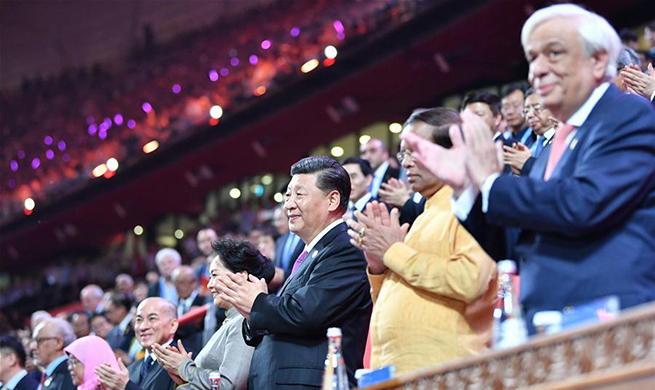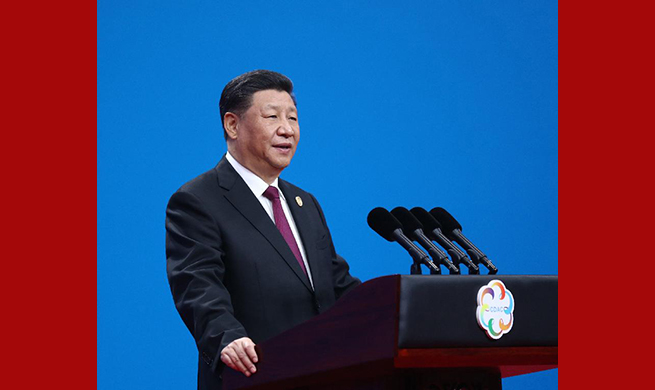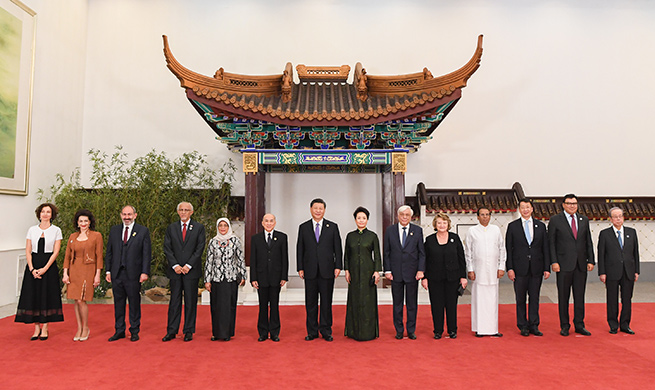BERLIN, May 16 (Xinhua) -- Most Germans fear that the upcoming European Parliament elections would be manipulated by false reports, according to a survey conducted by the auditing and consulting firm PricewaterhouseCoopers (PwC) and published on Thursday.
According to the survey, 71 percent of Germans saw "fake news" as a danger in the runup to the European elections.
Half of Germans surveyed rated the danger of fake news during the European elections as "rather high," while 21 percent said the risk was "very high".
Although more than half of the respondents felt "well informed" about the topic of fake news, 44 percent still thought that they were not likely to reliably recognize fake news as such, and that "this will influence their European election decision," noted the study.
In the fight against fake news, 69 percent of Germans supported the obligation for platform operators, such as Facebook and Twitter, to delete fake news.
Informing citizens and obliging respected media and news outlets to identify and correct false information also received significant support from 68 and 61 percent of Germans, respectively.
In contrast, only 37 percent of Germans surveyed supported a ban on social network users appearing anonymously under a false name.
According to PwC, one of the major challenges in the campaigns tackling fake news was that companies like Facebook use not only human resources but also artificial intelligence (AI) to identify false information.
"One problem, however, is that AI algorithms are often not transparent," said PwC expert Werner Ballhaus.
"In the individual countries there are not only different laws, but also different cultural understandings of what is meant by fake news," Ballhaus emphasized.
In an attempt to combat fake news campaigns, Facebook has recently introduced a measure to ensure that political parties and their marketing agencies could only advertise if they had proven to Facebook that they also worked in the country in which they wanted to advertise.
Facebook has also added a disclaimer to political ads linking to a public database that would show who paid for the ad, how much was paid and who viewed the ad.
This is "a step in the right direction," said Alexander Saengerlaub, project director at the think tank Stiftung Neue Verantwortung (SNV).
Nonetheless, a major problem remained unsolved, namely that "we leave Facebook the responsibility and definition of what political advertising is," said Saengerlaub.
As most of the filtering and sorting of information was done by machine learning, what is filtered out remained mostly unknown to users. Saengerlaub noted that "independent research is needed to assess the accuracy of the tools".













